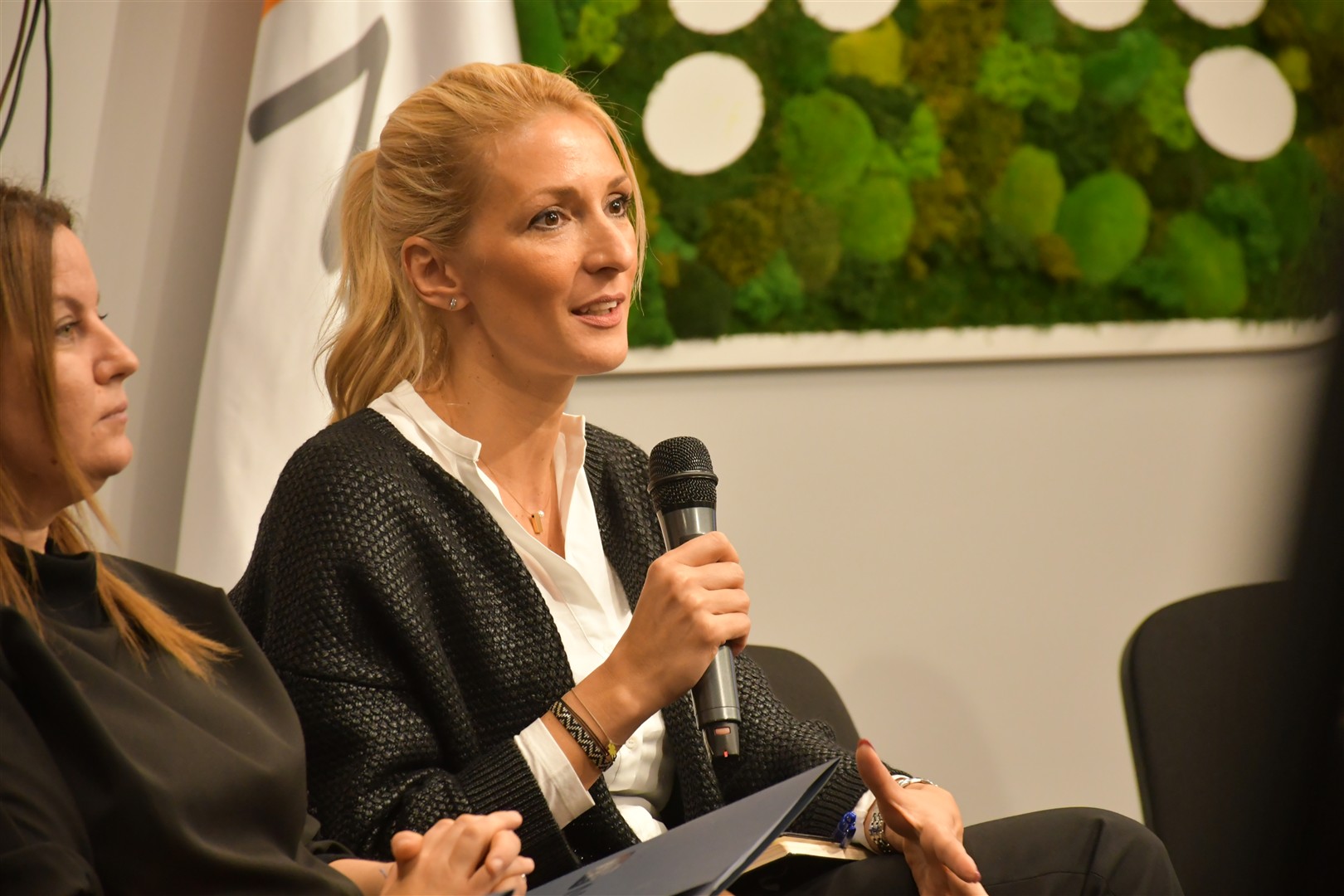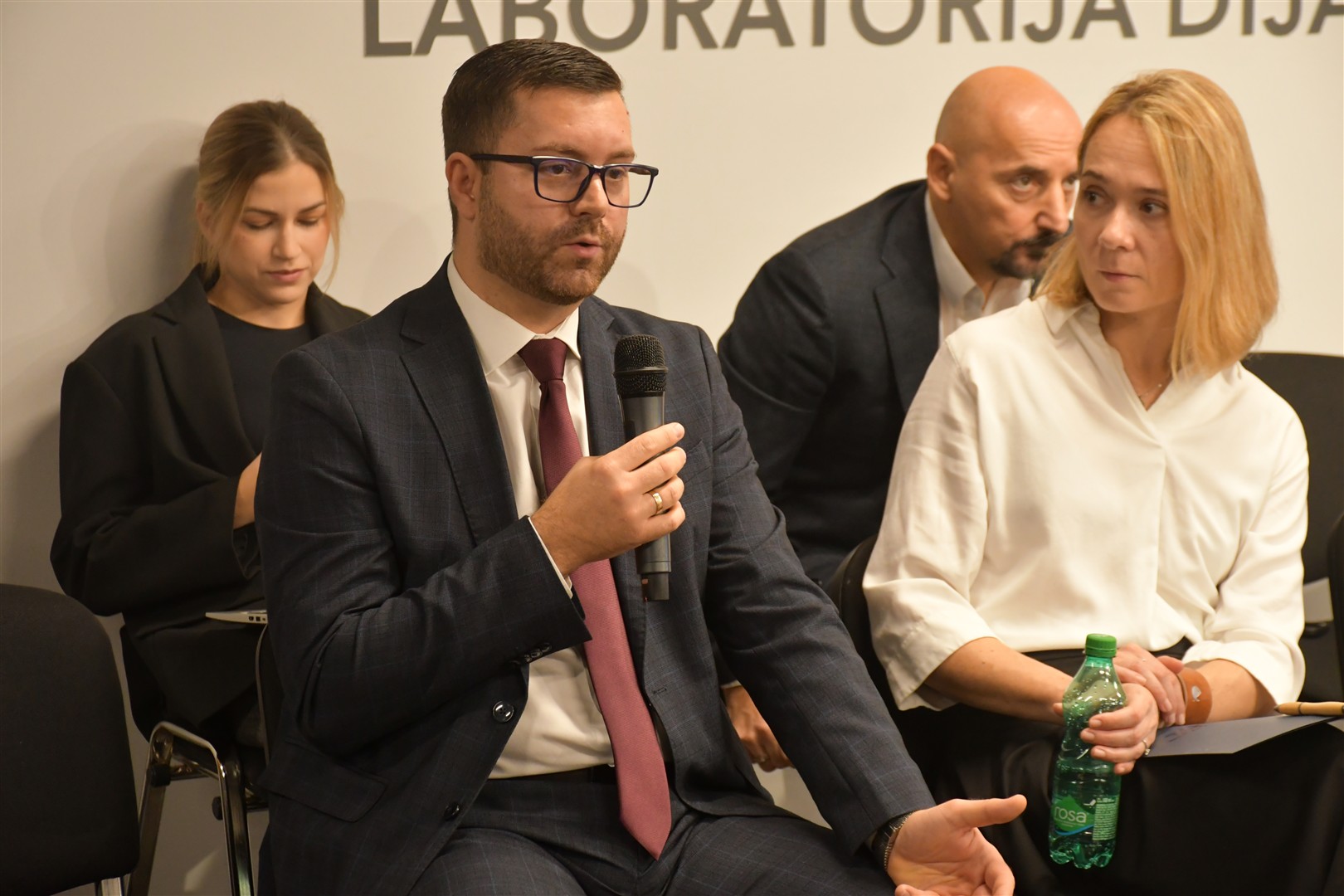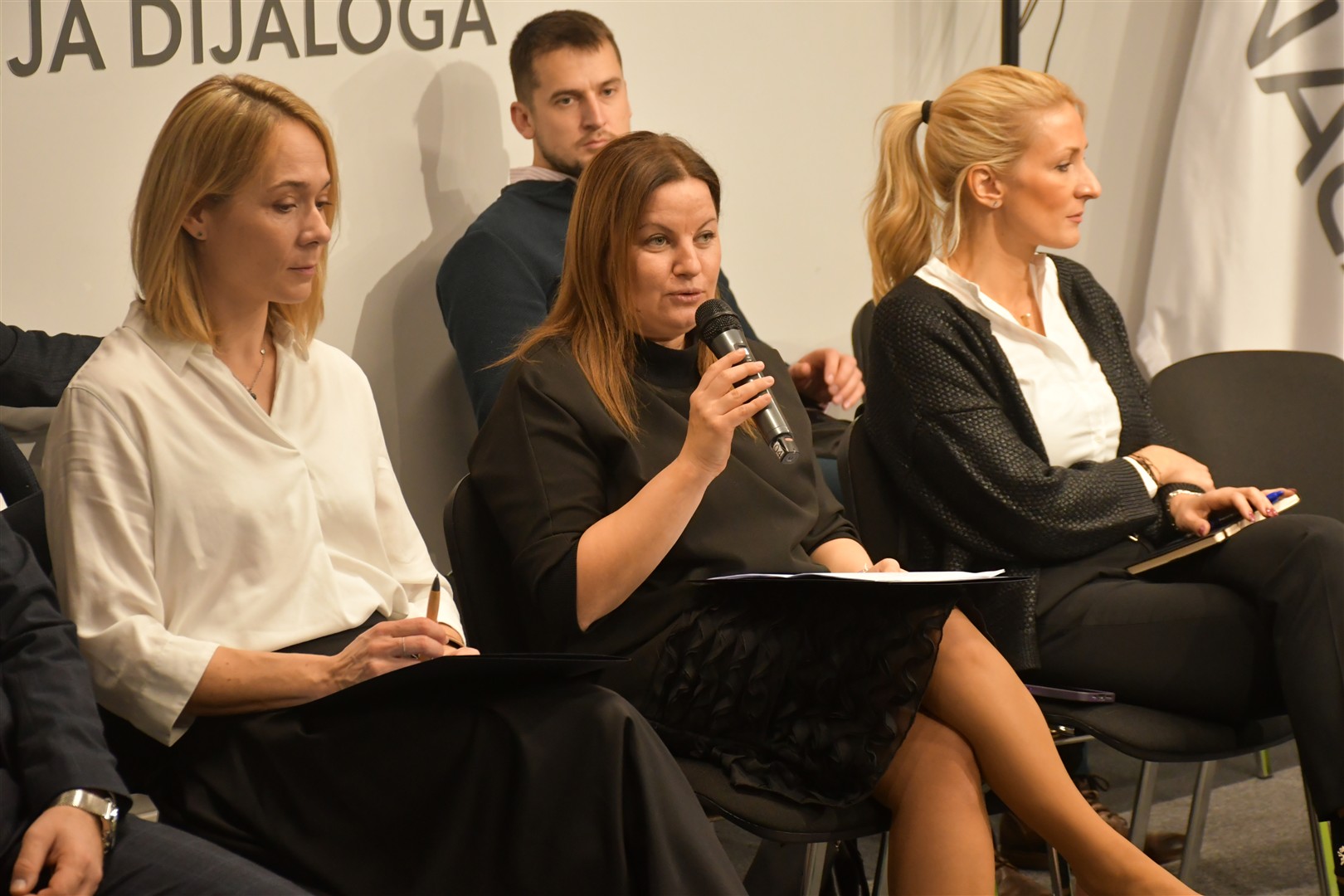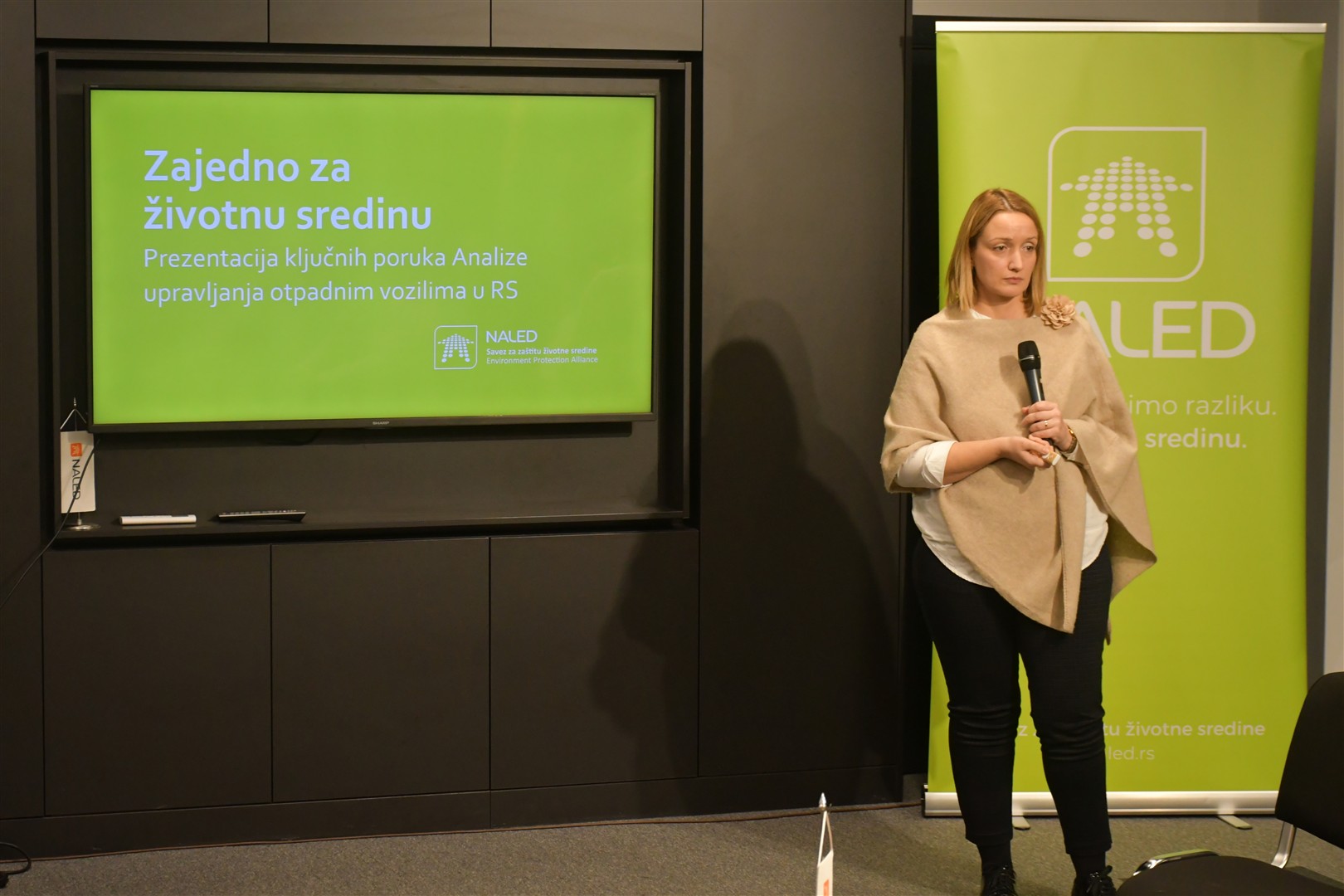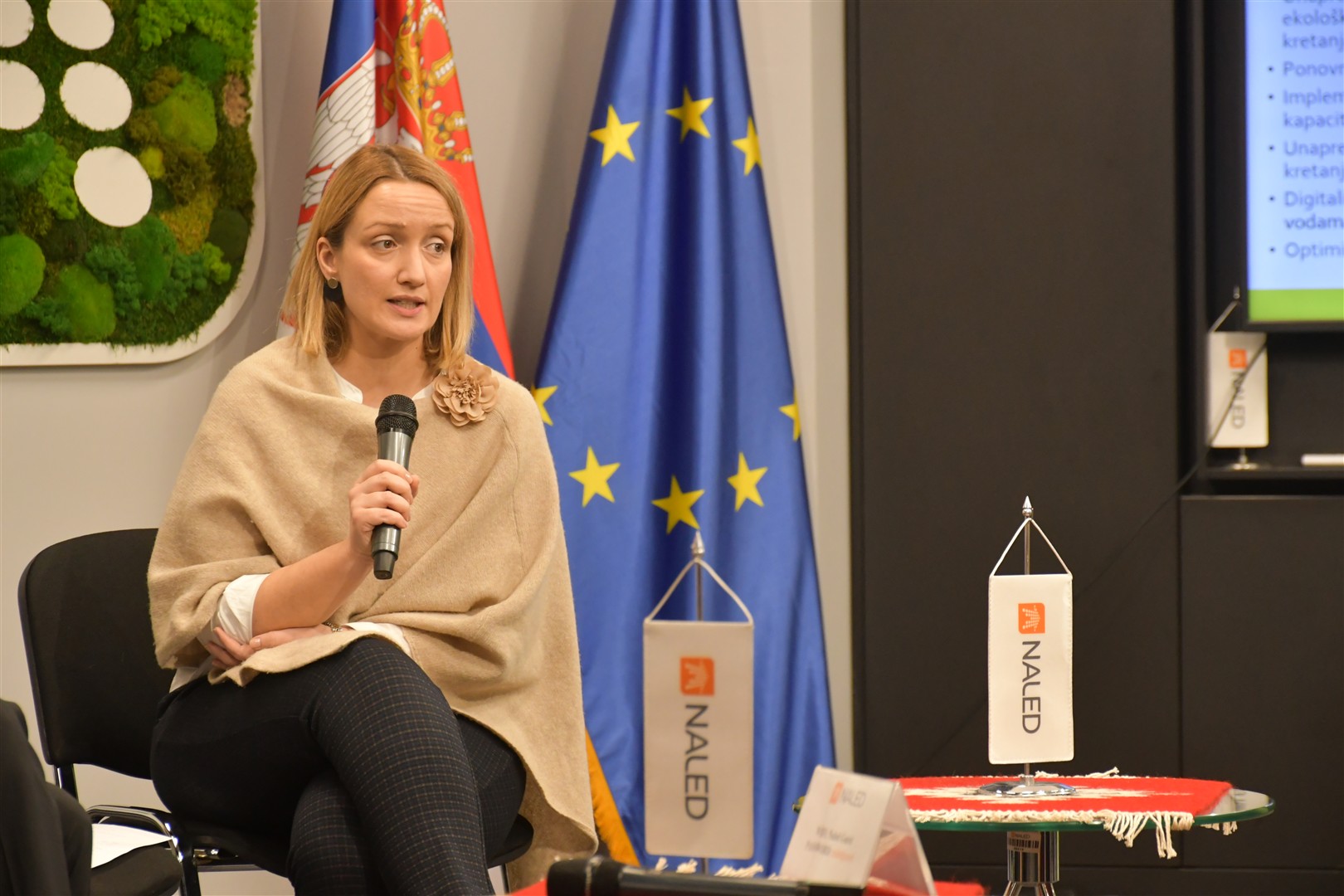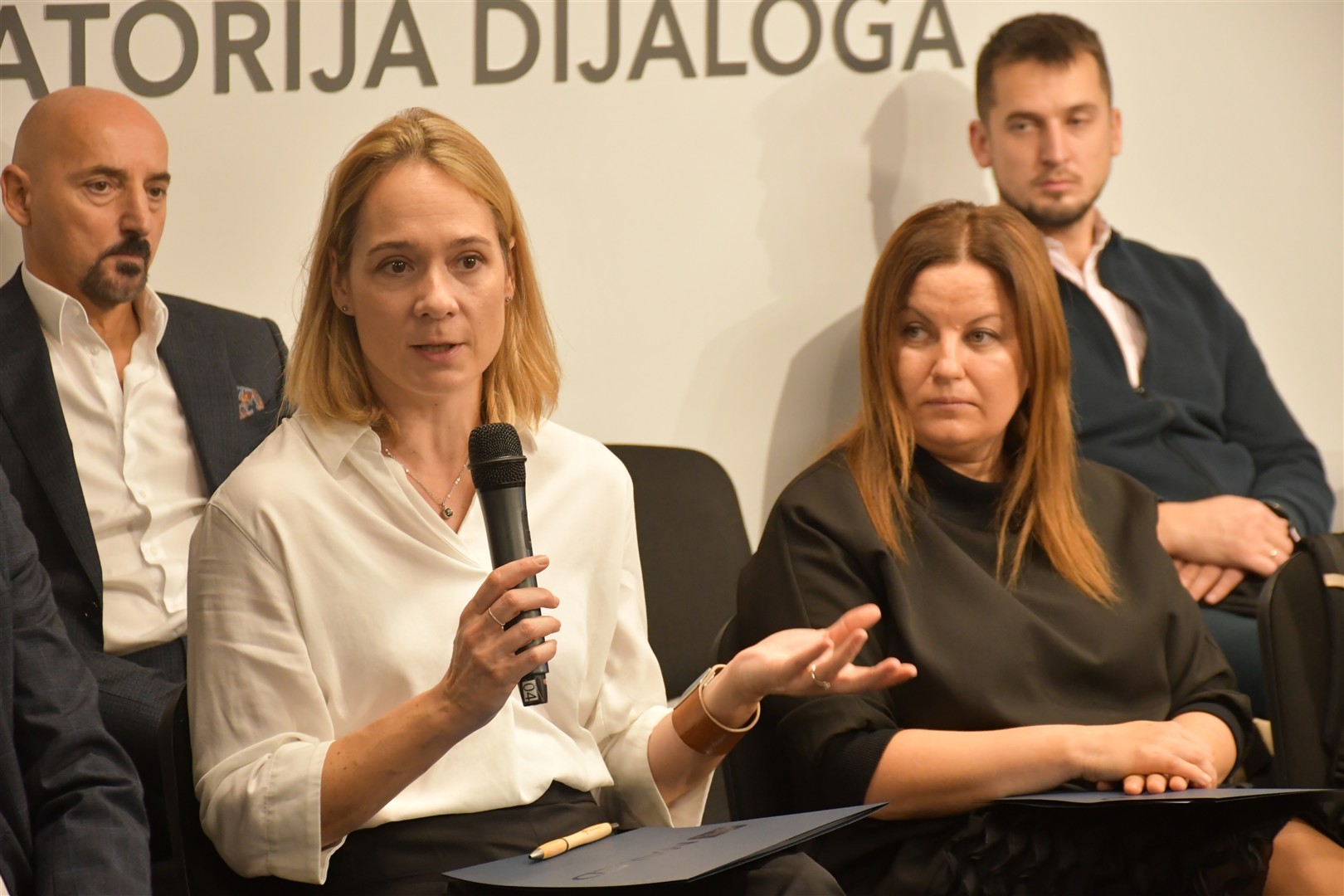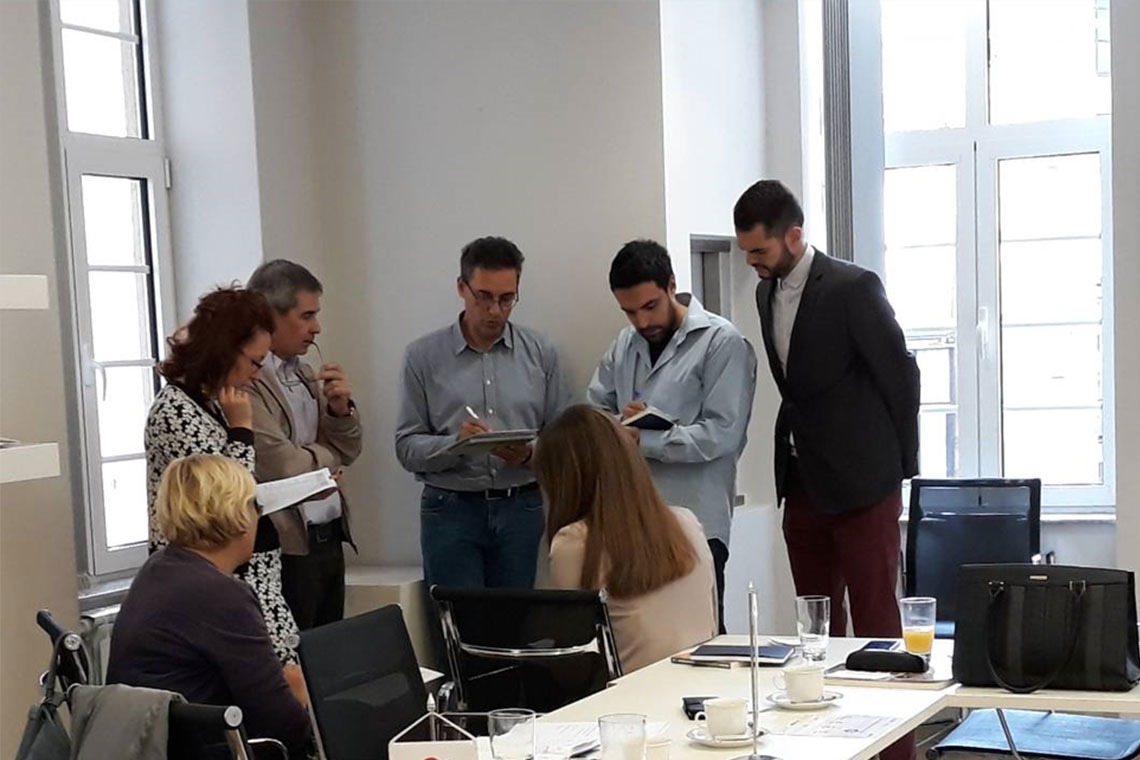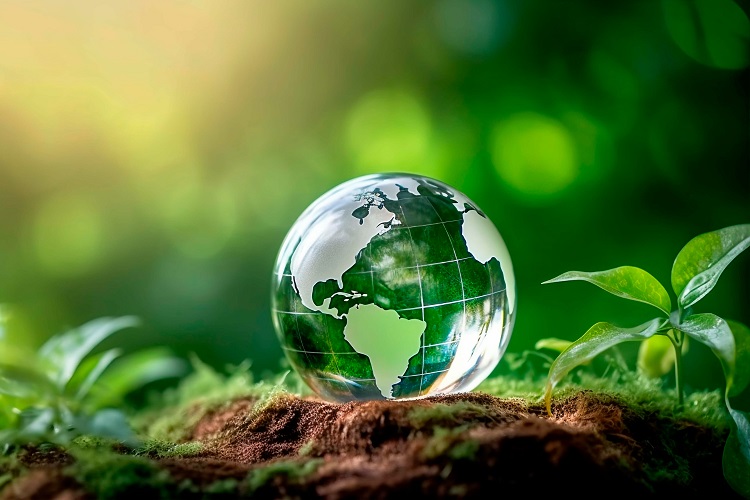If exporters from Serbia do not reduce carbon dioxide emissions in the next year, they will face higher prices for their products on the European market and lose competitiveness.
The state could generate 382 million euros from the carbon tax in the next ten years
If a national carbon tax were introduced, potential revenue could reach 382 million euros by 2034, considering the taxes collected from the aluminum, cement, iron, steel, and artificial fertilizer industries, which will be subject to the CBAM regulation starting in 2026. To ensure the proper allocation of these funds, it is necessary to establish a Green Fund, into which eco-taxes will be directly channeled, and from which further investments in environmental protection will be financed, according to a new analysis by NALED.
The analysis of the impact of the CBAM on domestic companies, presented at today's meeting of NALED's Environmental Protection Alliance, was created in light of the introduction of a new tax on CO2 emissions from products entering the European Union, i.e., the CBAM regulation. The goal of the analysis was to determine key recommendations to help Serbian companies prepare for the new EU cross-border carbon price alignment mechanism.
- If exporters from Serbia do not reduce carbon dioxide emissions in the next year, they will face higher prices for their products on the European market and thus lose competitiveness. To avoid this, the analysis showed that the only solution is complete alignment with European legislation, along with the introduction of both national carbon taxation and local taxes to prevent imports from countries where this system does not exist and to preserve the competitiveness of the domestic economy, said Sanja Knežević Mitrović, Head of the Environmental Protection Unit at NALED, during the presentation of the analysis initiated by NALED, with financial support from the European Climate Foundation and 7 domestic companies.
At this meeting, NALED members also voted on reform priorities for the next two years, including the development of primary waste sorting at the local level, the introduction of a deposit system for beverage packaging collection, and improvements in environmental taxation.
The current environmental protection fee collection system does not comply with the "polluter pays" principle, which means that it does not have a deterrent effect on polluters to reduce harmful emissions, and thus, there is no improvement in terms of cleaner air and water.
- Waste management has been a priority and will remain so because there is still much work ahead of us. Among the significant projects, NALED, with the support of international partners and the private sector, has participated in piloting several projects aimed at establishing and improving the packaging waste collection system, and has come up with good recommendations that should be implemented in the regulatory framework, said Bojana Perić, the new president of the Environmental Protection Alliance and Director of Ekostar Pak.
Additionally, during the previous period, an analysis was made of which items green criteria in public procurement can be mandatory for, and members of the Alliance will continue to work on optimizing the procedure for introducing green public procurement. NALED is actively supporting the Ministry of Environmental Protection in the revision of the negotiating position within Chapter 27 and in the solid waste management program to expand and build regional landfills.
New leadership of the Environmental Protection Alliance
Members of the Environmental Protection Alliance elected new leadership for this body. For the next two years, it will be led by Bojana Perić, Director of Ekostar Pak. The new vice presidents will be Tisa Čaušević, Public and Regulatory Affairs Manager at Coca Cola HBC, Bojan Gligić, Director of EsoTron, and Andrea Radonjić, Director of Regulatory Policy and Public Relations for Eastern Europe at Tetra Pak.

